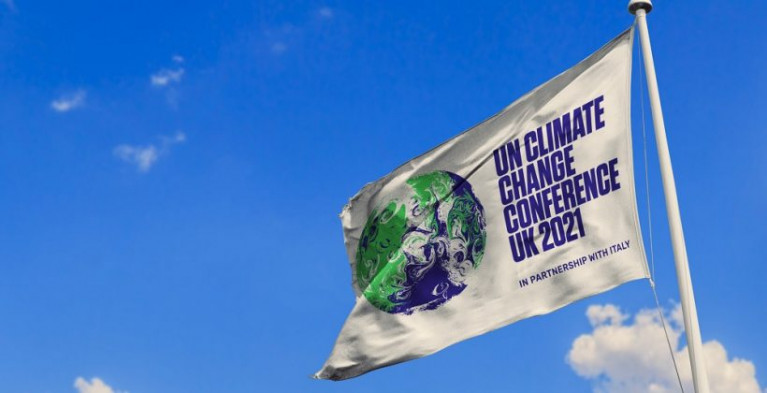Displaying items by tag: Future of Shipping
Global shipping has announced an unprecedented cross-industry event, to be held during COP26, bringing together leaders in shipping, energy, politics and finance to discuss maritime decarbonisation efforts.
The event to be held in Glasgow on 6th November, as part of COP26, ‘Shaping the Future of Shipping’ will assemble industry heavyweights and external experts to tackle the challenges which face shipping’s vital route to decarbonisation.
The ministerial level, day-long, event will feature some of the world’s leading figures on decarbonisation from across the globe to address key strategic issues in shipping’s rapidly evolving decarbonisation journey.
The event is taking place at the University of Strathclyde’s Technology & Innovation Centre, home to the UK’s Maritime Safety Research Centre and a world-leading centre of marine technology research. Discussion topics will include: the removal of carbon-heavy fuels from a traditionally ‘hard to abate’ sector; securing equitable decarbonisation frameworks to benefit developing countries; and the reduction of financial risk from shipping transformation so action can urgently be taken to curb emissions today.
The conference will demonstrate the critical importance of immediate action and cross-sectoral collaboration for the energy transformation of shipping. Shipping titans will lead a ‘Meeting the Challenge’ panel for attendees, while logistics giants will bring the perspective of wider supply chain leaders.
An exclusive ministerial round table will be held during the event to discuss areas such as policy and frameworks, innovation infrastructure, and financing energy transformation.
Emanuele Grimaldi, President & Managing Director of Grimaldi Euromed SpA commented:“A holistic approach is essential for the decarbonisation of the shipping industry. Only with international, cross-sectoral collaboration can we deliver an equitable carbon transition for shipping.
“We have heard the calls from environmentalists and the public that we need action rather than words. This meeting can catalyse a transformation agenda by reaching beyond just the industry itself to engage key players in the global supply chain.”
Jeremy Nixon, CEO of Ocean Network Express, commented:“We are coming together at a critical time to seek consensus on a clear regulatory and technical roadmap. And to support our joint global environmental needs and universal industry supply chain trading requirements.”
Esben Poulsson, Chairman of the International Chamber of Shipping concluded: “This meeting must be about the reality of change and the difficult decisions that need to be taken at COP26. We must reduce political risk so the shipping industry and the maritime supply chain can increase the speed and scale of transformation.
“With COP taking place shortly before the important International Maritime Organization meeting on decarbonisation, we see this gathering as a major opportunity to garner the political leadership needed to advance the agenda on R&D and the creation of a global market-based mechanism to drive decarbonisation.”
Sponsors already confirmed include the American Bureau of Shipping, Grimaldi Group, Lloyds Register, NYK Line, Ocean Network Express, and Stena. Details of speakers and attendees at the ‘Shaping the Future of Shipping’ event will be announced in due course.
To discuss opportunities to take part in the event, please click this link and scroll down to page end for contact emails.





























































